
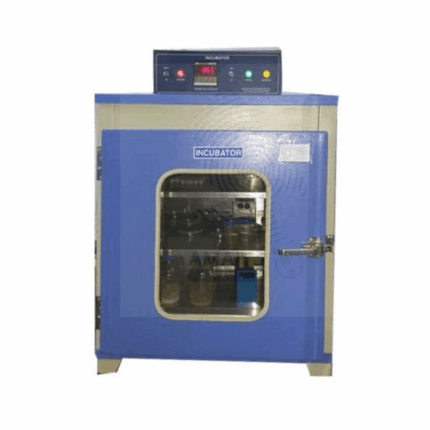
Electrode copper rod
$800.00 Original price was: $800.00.$500.00Current price is: $500.00.
An electrode copper rod is a high-purity, solid copper rod designed for use in electrochemical and electrical applications. It serves as a conductive medium, facilitating the flow of electric current in processes such as electrolysis, electroplating, and galvanic cells. Due to copper’s excellent electrical conductivity, corrosion resistance, and malleability, it is ideal for use in laboratory setups where precise control of electrical interactions is required. These rods are also essential in studying redox reactions, corrosion mechanisms, and energy storage systems, making them a versatile tool in both educational and industrial research.
Uses of Electrode copper rod
- Electrolysis:
Copper rods are commonly used as electrodes in electrolysis experiments to deposit or dissolve copper ions in solutions. For example, in the electrolysis of copper(II) sulfate, copper rods can serve as both the anode and cathode.
- Electroplating:
Copper rods are used as the anode in electroplating processes. During the experiment, copper from the rod dissolves into the solution and is deposited onto the surface of another material, usually a metal object.
- Galvanic Cells:
In voltaic or galvanic cells, copper rods can serve as electrodes to create an electrochemical reaction, generating electrical energy from chemical reactions between two half-cells.
- Conductivity Testing:
Copper rods are excellent conductors of electricity, making them useful in tests for conductivity and other electrochemical properties in various solutions.
- Corrosion Studies:
Copper electrodes are used in experiments to study corrosion, especially when investigating how different environments affect copper’s rate of oxidation and its durability over time.
- Battery Experiments:
Copper rods can act as one of the electrodes in constructing simple batteries (e.g., copper-zinc batteries), demonstrating the principles of energy conversion and storage.


 Emollients
Emollients Humectants
Humectants UV Filters
UV Filters Surfactants (cosmetic)
Surfactants (cosmetic) Preservatives (cosmetic)
Preservatives (cosmetic) Fragrances and Essential Oils
Fragrances and Essential Oils Antioxidants (cosmetics)
Antioxidants (cosmetics)
 Solvents (lab)
Solvents (lab) Chromatography Chemicals
Chromatography Chemicals Microbiology and Cell Culture Reagents
Microbiology and Cell Culture Reagents Biochemical Reagents
Biochemical Reagents Inorganic and Organic Standards
Inorganic and Organic Standards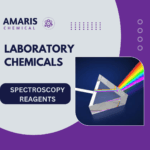 Spectroscopy Reagents
Spectroscopy Reagents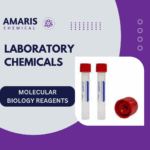 Molecular Biology Reagents
Molecular Biology Reagents
 Precious Metal Extraction Agents
Precious Metal Extraction Agents
 Plasticizers
Plasticizers Polymerization Initiators
Polymerization Initiators Stabilizers
Stabilizers Monomers
Monomers Fillers and Reinforcements
Fillers and Reinforcements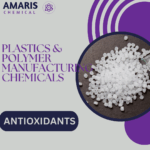 Antioxidants (plastics)
Antioxidants (plastics) Colorants (plastic pigments,Dyes)
Colorants (plastic pigments,Dyes)
 Fertilizers
Fertilizers Plant Growth Regulators
Plant Growth Regulators Soil Conditioners
Soil Conditioners Animal Feed Additives
Animal Feed Additives Biostimulants
Biostimulants
 Dough Conditioners
Dough Conditioners Flour Treatments
Flour Treatments Fat Replacers
Fat Replacers Preservatives (baking)
Preservatives (baking)
 Surfactants (cleaning)
Surfactants (cleaning) Builders
Builders Bleaching Agents
Bleaching Agents Enzymes
Enzymes Solvents (cleaning)
Solvents (cleaning) Fragrances
Fragrances Disinfectant
Disinfectant Metal cleaning
Metal cleaning
 Binders/Resins
Binders/Resins Pigments
Pigments Solvents (paint)
Solvents (paint) Additives
Additives Driers
Driers Anti-Corrosion Agents
Anti-Corrosion Agents Specialty Coatings
Specialty Coatings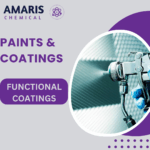 Functional Coatings
Functional Coatings Application-Specific Coatings
Application-Specific Coatings
 Sealants and Adhesives
Sealants and Adhesives
 Biodegradable Surfactants
Biodegradable Surfactants Bio-based Solvents
Bio-based Solvents Renewable Polymers
Renewable Polymers Carbon Capture Chemicals
Carbon Capture Chemicals Wastewater Treatment Chemicals
Wastewater Treatment Chemicals
 Preservatives (food)
Preservatives (food) Flavor Enhancers
Flavor Enhancers Acidulants
Acidulants Sweeteners
Sweeteners Emulsifiers
Emulsifiers Antioxidants (food)
Antioxidants (food) Colorants (food)
Colorants (food) Nutrient Supplements
Nutrient Supplements Nutraceutical Ingredients
Nutraceutical Ingredients
 Fresh Herbs
Fresh Herbs Whole Spices
Whole Spices Ground Spices
Ground Spices Spice Blends
Spice Blends
 Surfactants(oil)
Surfactants(oil)
 Antibiotics
Antibiotics Active Pharmaceutical Ingredients
Active Pharmaceutical Ingredients Excipients
Excipients Vaccine Adjuvants
Vaccine Adjuvants Nutraceutical Ingredients
Nutraceutical Ingredients Solvents (pharmaceutical)
Solvents (pharmaceutical)
 Automotive chemicals
Automotive chemicals Pyrotechnic Chemicals
Pyrotechnic Chemicals


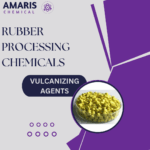 Vulcanizing Agents
Vulcanizing Agents Accelerators & Retarders
Accelerators & Retarders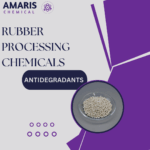 Antidegradants
Antidegradants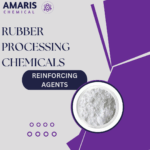 Reinforcing Agents
Reinforcing Agents Plasticizers & Softeners
Plasticizers & Softeners Fillers & Extenders
Fillers & Extenders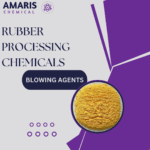 Blowing Agents
Blowing Agents Adhesion Promoters
Adhesion Promoters
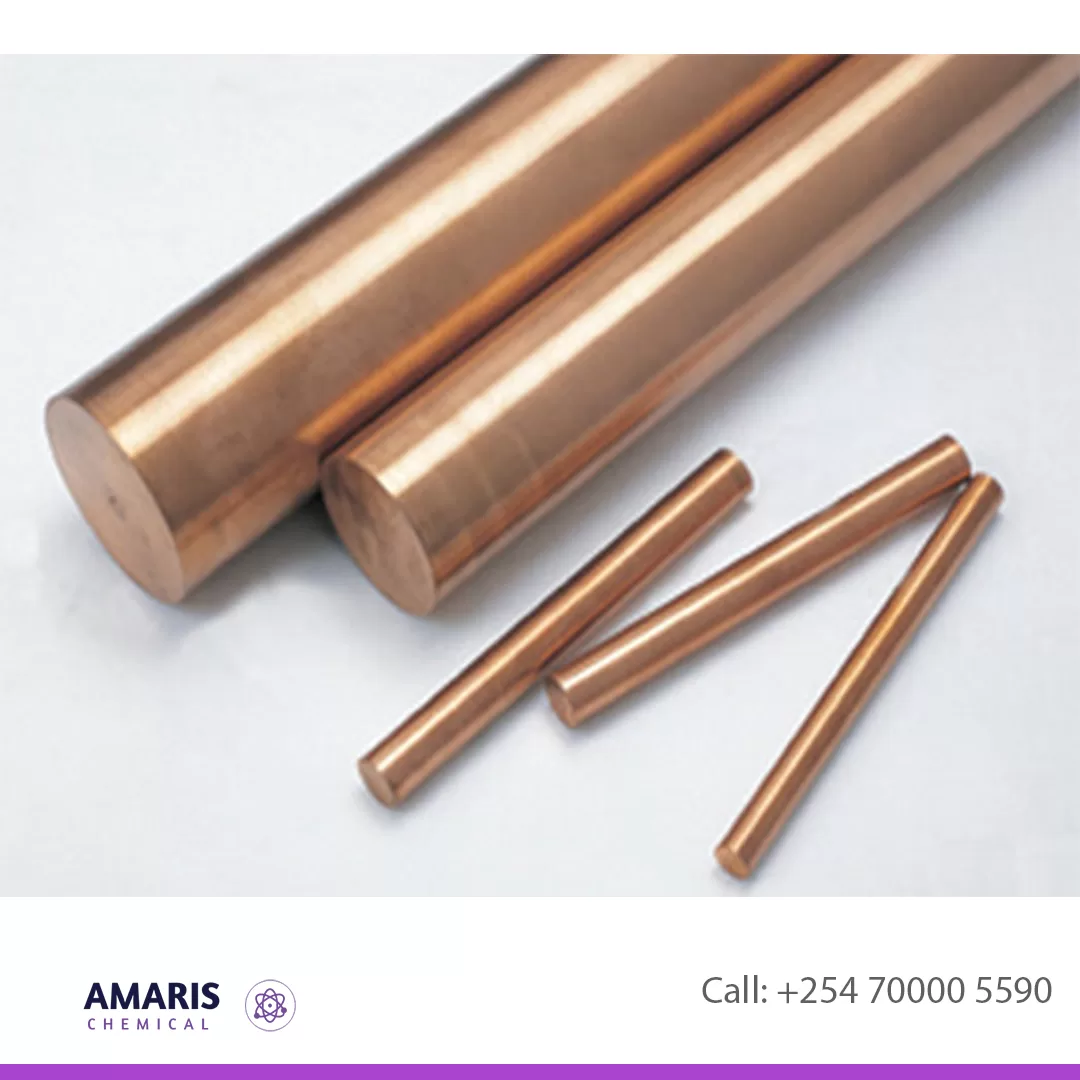
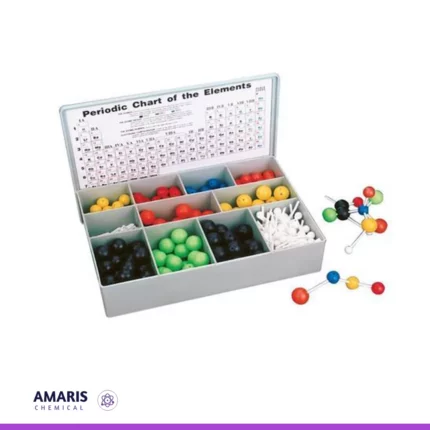
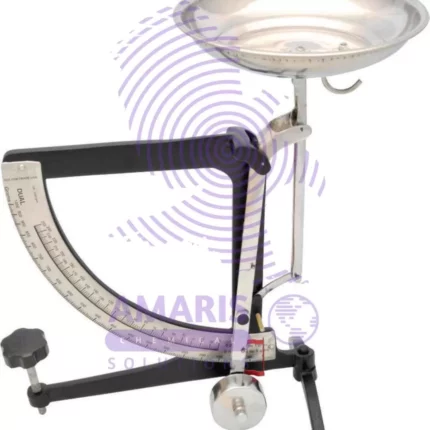
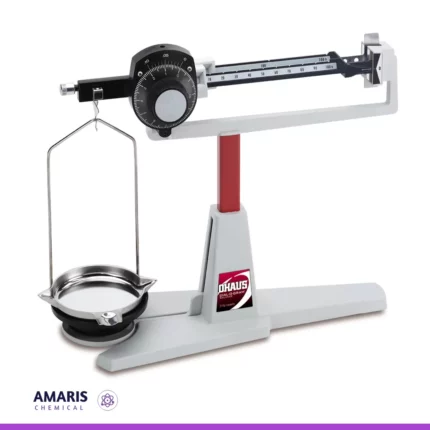
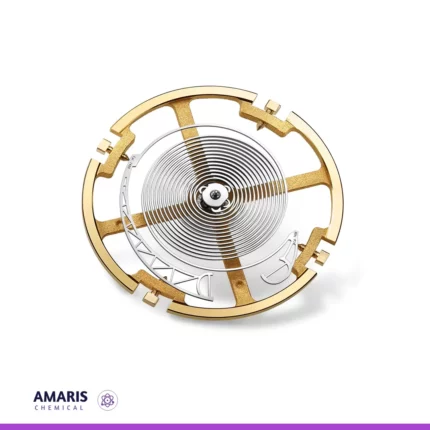
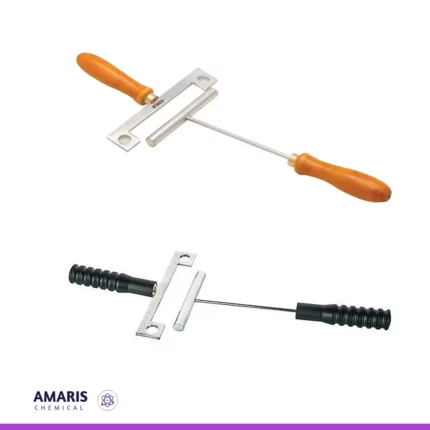
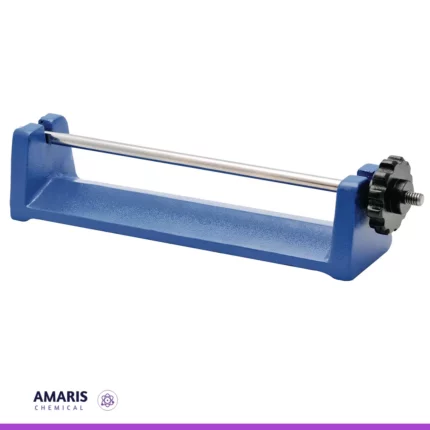
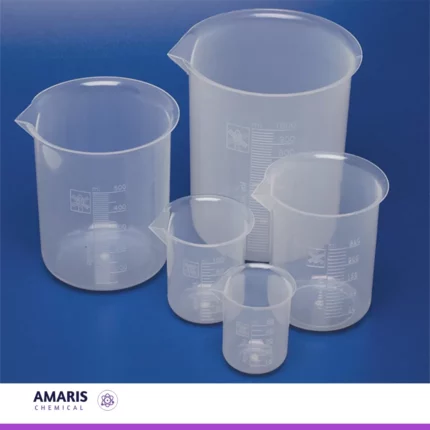
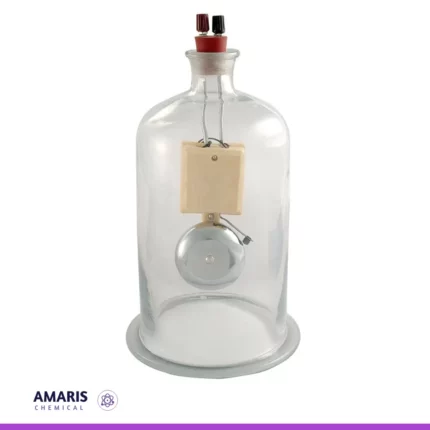













Reviews
There are no reviews yet.